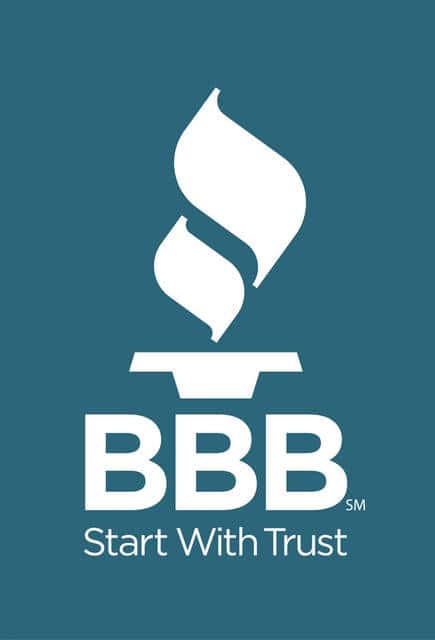
Columbus – June was National Internet Safety Month, but vigilance is required at all times. With data breaches, ransomware attacks, fake tech support scams, and phishing emails becoming more and more prevalent, it is becoming increasingly important, yet challenging, to be in the know regarding internet safety.
After a major ransomware attack was unleashed worldwide recently, infecting at least 75,000 computers in 99 countries, the Consumer Fraud Advisory Group wanted to inform consumers about how the scams work, as well as offer tips to avoid them.
This attack typically enters through a phishing email and then spreads to other machines on the same network by exploiting a vulnerability in the operating system. In this case, Microsoft discovered the vulnerability and released a patch in March, but many computer users do not regularly update their operating systems and may have missed the critical repair.
This ransomware attack locked computers and networks using file encryption software, and demanded payment by Bitcoin (a non-traceable crypto-currency) to release the data.
The Consumer Fraud Advisory Group joins with the National Cyber Security Alliance in suggesting the following cyber hygiene defenses:
• Don’t click on links from unfamiliar sources. Even if you think you know the sender, be cautious about clicking on email links. When in doubt, delete it. Be especially wary of messages requiring you to act quickly, asking for personal information, or threatening you in any way.
• Keep clean machines: Prevent infections by updating critical software as soon as patches or new operating system versions are available. This includes mobile and other internet-connected devices.
• Use strong authentication, requiring more than a username and password to access accounts, especially critical networks, to prevent access through stolen or hacked credentials. Check out Lock down your login for more information.
• Conduct regular backups of systems: Systems can be restored in cases of ransomware and having current backup of all data speeds the recovery process.
• Make better passwords: In cases where passwords are still used, require long, strong and unique passwords to better harden accounts against intrusions.
“In Ohio, there were over 200 scams involving phishing, fake tech support and ransomware reported to Scam Tracker in 2016, and the Consumer Fraud Advisory Group wants consumers to be informed about the warning signs and educated about how to keep their information safe,” says Kip Morse, CEO of BBB serving Central Ohio.
The Consumer Fraud Advisory Group is a coalition of local, state and federal government agencies and the Ohio Association of BBBs that work together to protect consumer, business, and donor rights and guard against fraud.
To obtain additional information or to report a scam, contact:
BBB serving Central Ohio – 614-486-6336; bbb.org/centralohio
BBB serving Northwest and West Central Ohio and Southeast Michigan – 419-531-3116; bbb.org/toledo
BBB of Akron – 330-253-4590; bbb.org/akron
BBB of Cincinnati – 513-421-3015; bbb.org/cincinnati
BBB serving Canton Region and Greater West Virginia – 330-454-9401; bbb.org/canton
BBB serving Greater Cleveland – 216-241-7678; bbb.org/cleveland
BBB of Dayton/Miami Valley – 937-222-5825; bbb.org/dayton
BBB of Mahoning Valley – 330-744-3111; bbb.org/youngstown
FTC – 877-FTC-HELP (382-4357); ftc.gov
Ohio Department of Commerce – 614-466-3636; com.ohio.gov


